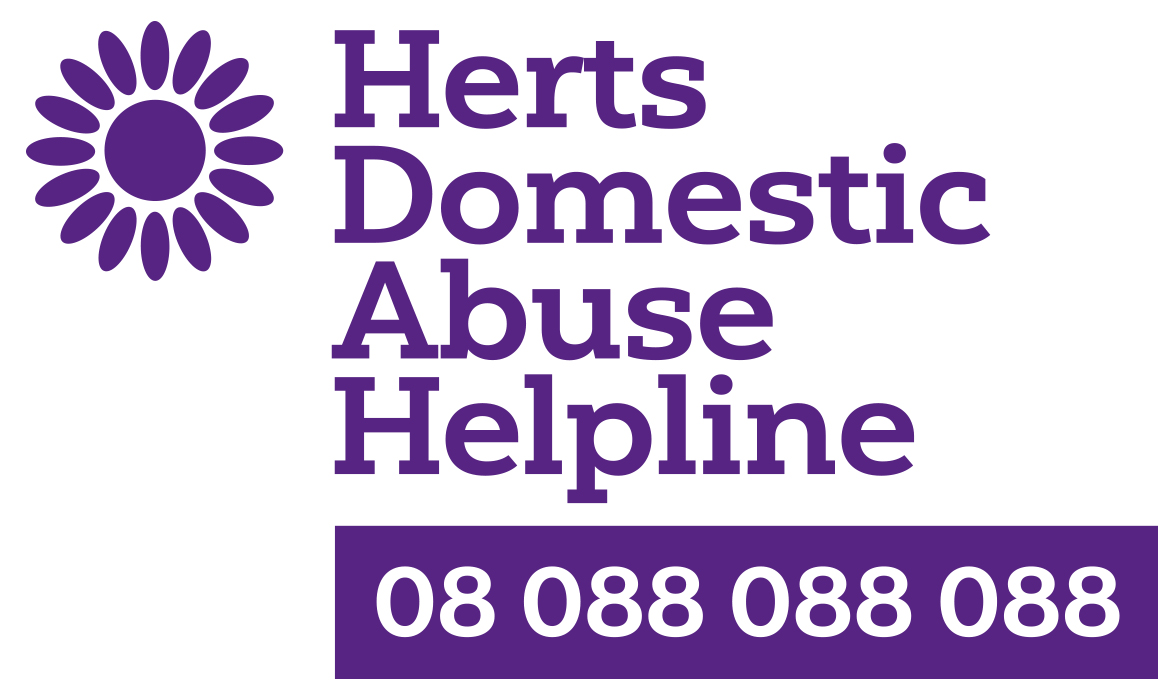In this article, we look at how to leave an abusive relationship as safely as possible.
Making the decision to leave an abusive partner is incredibly hard and requires great courage. You may have been considering leaving for a long time, or a single trigger event means you need to leave urgently. Whatever your situation, there are ways to put in place a plan that will ensure you (and your children if you have them) can escape safely.
Planning ahead
If you are considering leaving an abusive relationship, it is helpful to plan as much as possible in advance. Speak to a professional or a friend you can trust to discuss your situation and the options, or call our helpline to speak to someone specially trained to help you. Should time allow, contact a family lawyer or a local legal advice unit, such as Citizens Advice, who can advise you of your rights, particularly where children and property are involved.
If researching your options online, cover your tracks carefully so as not to alert your partner. Please read our useful guide to keeping yourself safe online.
Prepare a bag that you can hide somewhere or leave with a trusted person. Having a bag ready does not mean you must use it, but it does ensure that if the time comes, or if you are forced to leave your home in a hurry, then you will have the essentials you need. Consider packing the following:
Important documents and IDs: eg driving licence, vehicle registration papers, National Insurance number, birth and marriage certificates, passports, medical cards.
Money (plus bank account details) – try to keep some money on you at all times in case you need to leave quickly. Also, consider setting up your own bank account so that you have funds available without having to access a shared account that could reveal your location.
Set of house and car keys – get spares cut for your bag.
Any medicines that you or your children require.
Enough clothes to cover 2-3 days, plus toiletries.
A list of important personal and emergency phone numbers – you may not have your phone with you when you leave.
Any evidence of the abuse that you have: eg a log you’ve kept, photos, emails, text messages, crime reference numbers from previous incidents. (It is a good idea to keep a record of evidence regardless of whether you are planning to leave.)
Choose a safe time to leave your home, ideally when you know your partner is not going to be there. If you think that you will have to leave the house while your partner is there, then plan your safe escape routes – for example, leave a front door unlocked and avoid confrontation in a room where you could be trapped.
Where can you go?
You may have a trusted family member or friend who is aware of your situation and who can assist with accommodation. When you contact them to let them know you are coming, agree a code-word so that they understand what is happening and so your partner, if they are listening, is less likely to be suspicious.
If you don’t have family and friends who can help, or you want to be somewhere your partner cannot trace you, a safe option is a women’s refuge. Any woman experiencing domestic violence can go to a refuge, with or without their children. There are also refuges for men suffering abuse.
What is a refuge?
A refuge is not just a safe, secure place to be (the locations and contact details are confidential) – it is also an invaluable hub of support. Refuge staff can help with practical matters such as finding permanent accommodation, schools and accessing legal advice and healthcare, as well as much-needed emotional support. Refuge accommodation normally comprises a private bedroom for yourself and your children, with shared bathroom and kitchen facilities. For your safety, and dependent on spaces, the refuge may not be in your local area. How long people stay in a refuge varies from a few days to several months – rest assured the refuge will not ask you to leave if you do not have somewhere safe to go.
Safer Places provide the refuge contract for Hertfordshire and more information on their website can be found here. If you require urgent safe accommodation, please contact the Safer Places 24 hour support line on 03301 025811' They will be able to assist you in finding a safe place to go.
Getting support
Making the decision to leave an abusive relationship is hard but you are not alone. You can contact Herts Domestic Abuse Helpline for advice and support. Our FREE confidential helpline is set up to support anyone who is impacted directly or indirectly by Domestic Abuse. Call 08 088 088 088 to speak to a local expert who can offer bespoke advice and signposting to support groups and the most appropriate agency support.
Leaving an abusive relationship can be dangerous. Your partner may feel they have lost control of you and try to regain that control by increasing the abuse. REMEMBER, in an emergency, always call 999.
This advice follows Government, Refuge and Women's Aid guidance as at 2018'

